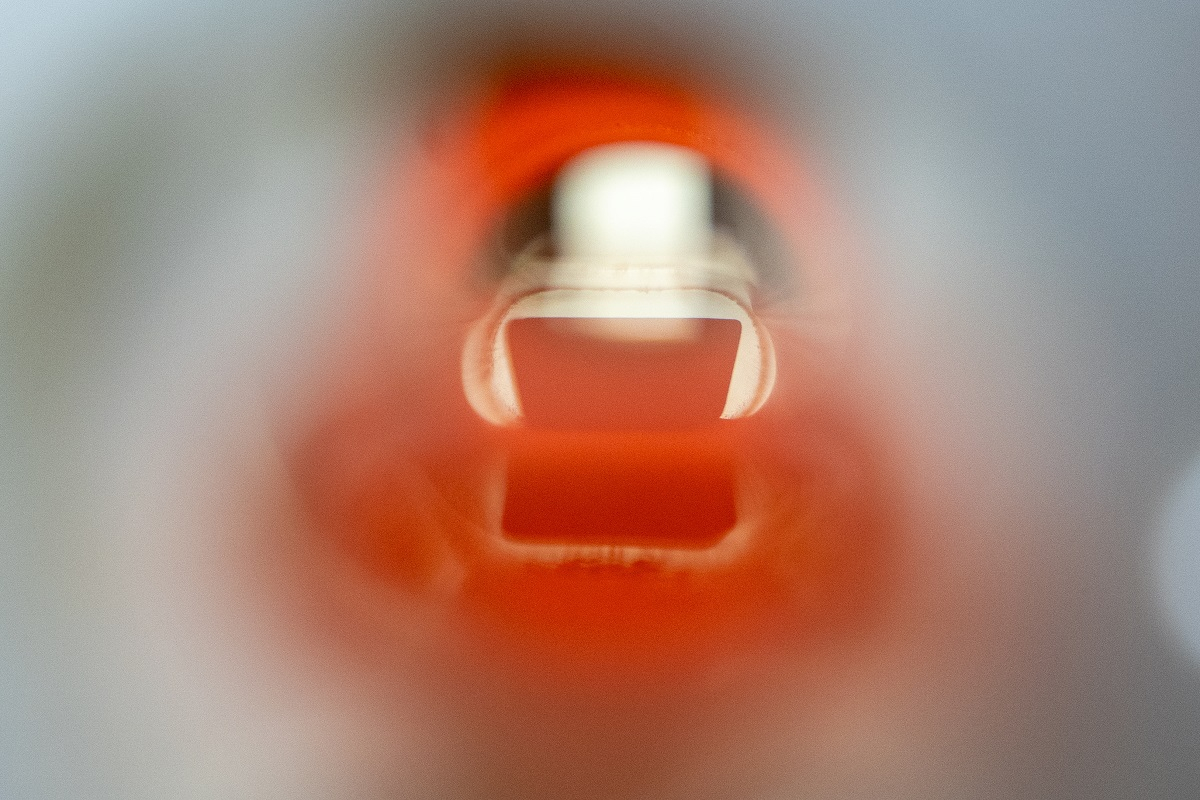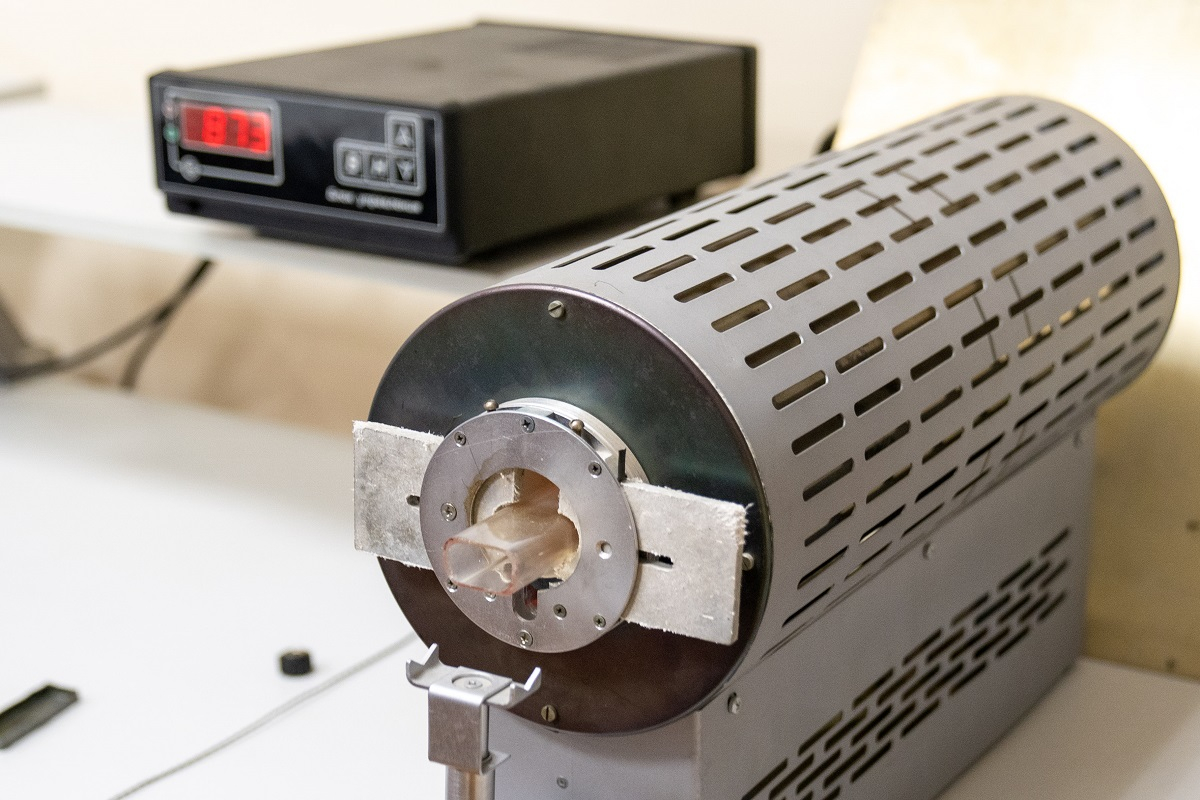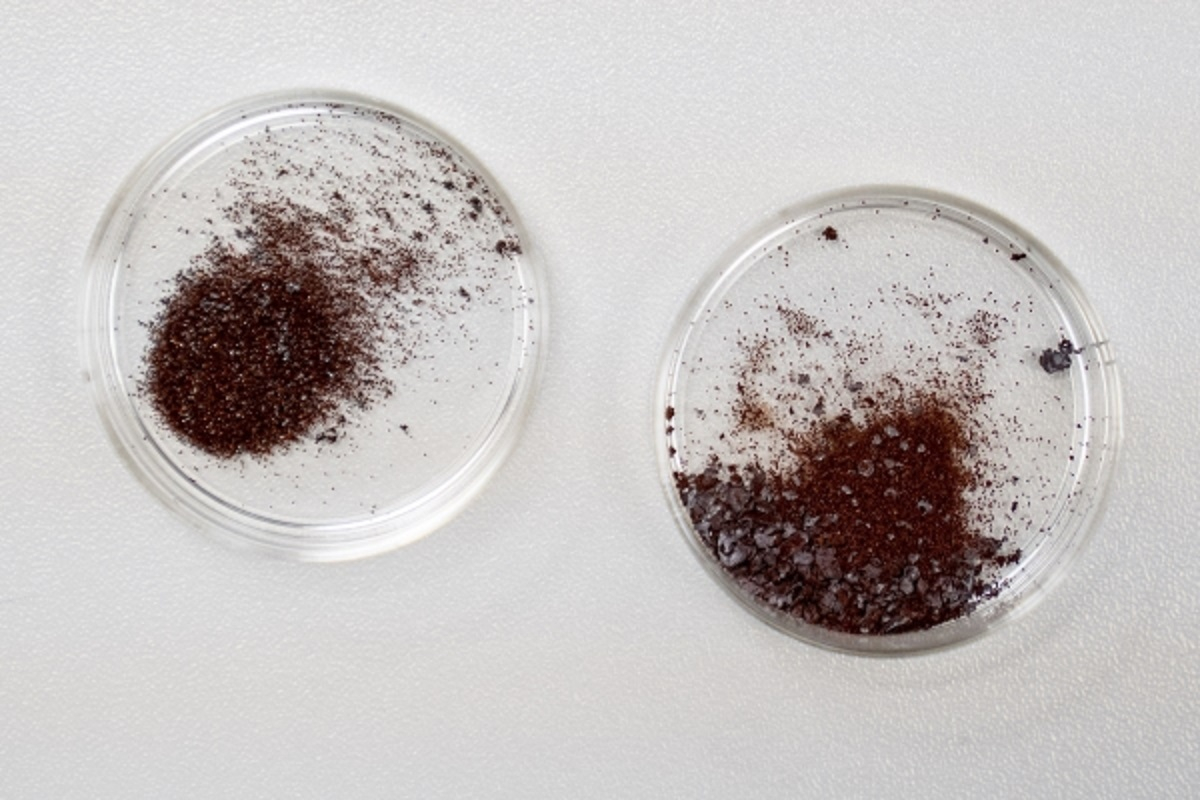St Petersburg scientists improve the efficiency of synthesis of magnetic nanoparticles for targeted drug delivery to the body
Scientists from St Petersburg Electrotechnical University ‘LETI’ and St Petersburg University and have proposed a method for synthesising the most promising modification of iron oxide, whose particles can be used in high-precision medicine and the development of memory cells for computer technology.
Iron (III) oxide − Fe2O3 − is one of the widely occurring in nature compounds that is easy enough to synthesise artificially. Iron (III) oxide is used extensively in various industries. For example, it is used: as a catalyst in the chemical industry; in the manufacture of ceramics; and as a food colouring agent.
The research findings are published in the scholarly journal Magnetochemistry.
Fe2O3 is polymorphic in nature: there are five structural modifications of this compound (alpha, beta, gamma, epsilon, and zeta), for which scientists use the letters of the Greek alphabet. Of all the polymorphs, ε-Fe2O3 (the epsilon modification) is characterised by a combination of unique magnetic properties: it is rather difficult to demagnetise, the compound has high stability and small particle size. However, this form of iron (III) oxide is extremely rare in nature. Its active use therefore requires the development of industrial technology to produce the substance.
The magnetic properties of composites containing ε-Fe2O3 were investigated using equipment installed at the St Petersburg University Research Park: Resource Centres "The Centre for Diagnostics of Functional Materials for Medicine, Pharmacology and Nanoelectronics" and the Centre for Geo-Environmental Research and Modelling (GEOMODEL).
‘Synthesis of the epsilon modification requires precise selection of conditions, the most important of which is temperature. Otherwise, we will get mainly the alpha modification of this iron oxide: by composition, it is the same substance, but due to change in structure it is weakly magnetic. In the course of our research, we managed to adjust the temperature parameters of the material production process so that the resulting samples had a high content of epsilon iron oxide,’ said Dmitriy Testov, a doctoral student at the Department of Micro- and Nanoelectronics at St Petersburg Electrotechnical University ‘LETI’, an engineer at the Engineering Centre for Microtechnology and Diagnostics.
The ε-Fe2O3 samples were synthesised from salts containing iron (III) nitrate and iron (II) sulphate using the two most promising methods: silica gel impregnation and microemulsion. The samples were then annealed in an oven at around 800-1000 °C for four hours. The total duration of the process cycle is up to two days.
As explained by Andrei Kosterov, a contributor to the study, Associate Professor in the Department of Earth Physics at St Petersburg University, the researchers were able to obtain X-ray diffraction images of the composites at the Resource Centre for X-ray Diffraction Studies at the St Petersburg University Research Park. That made it possible to determine the relative content of the different iron (III) oxide modifications in the sample.
It turned out that the synthesis method used in this work can produce composites containing up to 70% of epsilon iron oxide. To date, these are the best results obtained in Russia.
Andrei Kosterov, a contributor to the study, Associate Professor in the Department of Earth Physics at St Petersburg University
The synthesised samples look like nanoparticles up to 100 nanometres (0.0001 mm) in size. The scientists say that the magnetic properties of the resulting compounds are promising materials for creating computer memory cells or means of targeting delivery of drugs under the influence of a magnetic field. The researchers plan to modify iron oxide synthesis methods in future to increase the epsilon-phase content.




